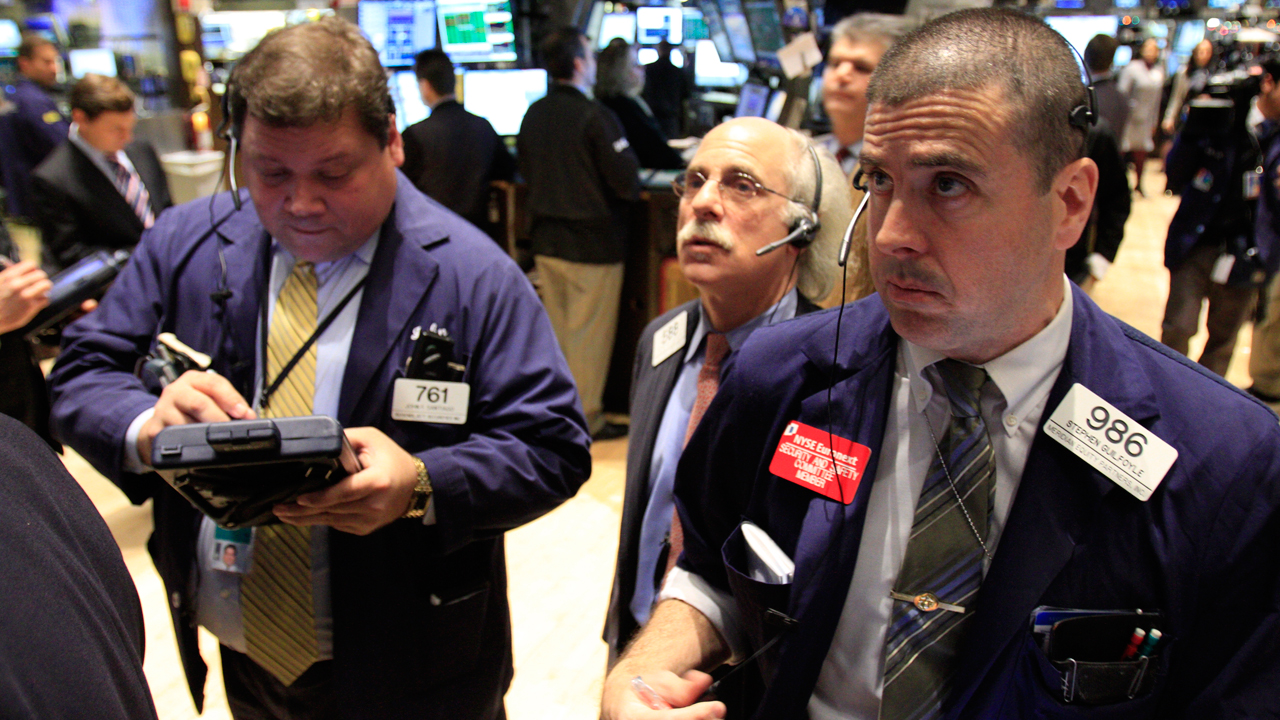Retail Investors - Not Just Big Institutions - Could Benefit From Dodd-Frank Repeal
Dodd-Frank, legislation enacted in the wake of the worst financial crisis since the Great Depression, has been the subject of much controversy on both Wall Street and Main Street since its inception. While proponents of the law believe it has helped reign in excess risk and curb greedy practices, critics say it has helped stifle economic growth in the United States and put unnecessary regulatory burdens on some of the nation’s biggest financial institutions.
Representative Jeb Hensarling, chairman of the House Financial Services Committee, is in the latter camp and on a campaign to repeal and replace Dodd-Frank. In prepared remarks before the Economic Club of New York on Tuesday morning, the Texas Republican proposed an alternative to the law called the Financial CHOICE Act, which stands for Creating Hope and Opportunity for Investors, Consumers, and Entrepreneurs.
The congressman’s proposal includes ending Washington’s authority to designate financial institutions as “systemically important,” enacting a cost-benefit analysis for every new proposed financial regulation and a requirement to pass Congress before they take effect, impose budgets on financial regulatory agencies excluding the Federal Reserve, and converting financial regulatory agencies like the CFPB and the Federal Housing Finance agencies into bipartisan commissions rather than led by single directors.
In an interview with the FOX Business Network’s Stuart Varney, Hensarling explained his rationale for taking on Dodd-Frank, saying his goal is to reduce complexity on America’s financial institutions.
“The mind-numbing complex government regulations are keeping capital on the sidelines. It’s hurting small banks. We’re losing a community financial institution a day and they’re not dying of natural causes, they’re dying of Dodd-Frank,” he said.
Michael Block, chief strategist at Rhino Trading Partners, said he agrees with the effort, and sees Hensarling’s proposals benefitting the smaller institutions in the long run.
“There can be better liquidity in these markets to help all investors…including constituents who are invested in the markets. People don’t get that. There’s middle ground here,” he said.
Block continued by describing the ways in which Dodd-Frank not only impacts large institutions, but smaller retail investors as well.
“In terms of [401(k) investors’] money managers getting the best price for stocks, they can’t anymore because the natural liquidity providers, the big banks, aren’t there. I think Congressman Hensarling is on to something. My question is: Will the public accept it, and will they allow it,” Block said.
Indeed, there are those who oppose such an effort to replace Dodd-Frank.
During Tuesday’s Senate hearing on bank capital and liquidity regulation, Democratic Senator Elizabeth Warren, a long-time critic of Wall Street and Dodd-Frank supporter, said that such proposals like Hensarling’s would construct a “path to ruin, both for our economic system and our country.”
House Speaker Paul Ryan has previously pledged to outline a detailed Republican agenda during the remainder of the 2016 race for the White House, and Hensarling’s Financial CHOICE Act is likely to become one component of Ryan’s broader policy push. Still, its chances of passing any vote in Congress this year are slim as Democrats in the Senate are most likely to block the effort, and with President Barack Obama ready to veto it should it land on his desk.
However, a win by presumptive Republican presidential nominee Donald Trump in November could change the course of the Financial CHOICE Act’s fate. Hensarling briefly remarked about a meeting with Trump at Trump Tower in New York City Tuesday, saying the billionaire businessman has “common ground” with him on Dodd-Frank, and he “absolutely” wants to repeal it.




















